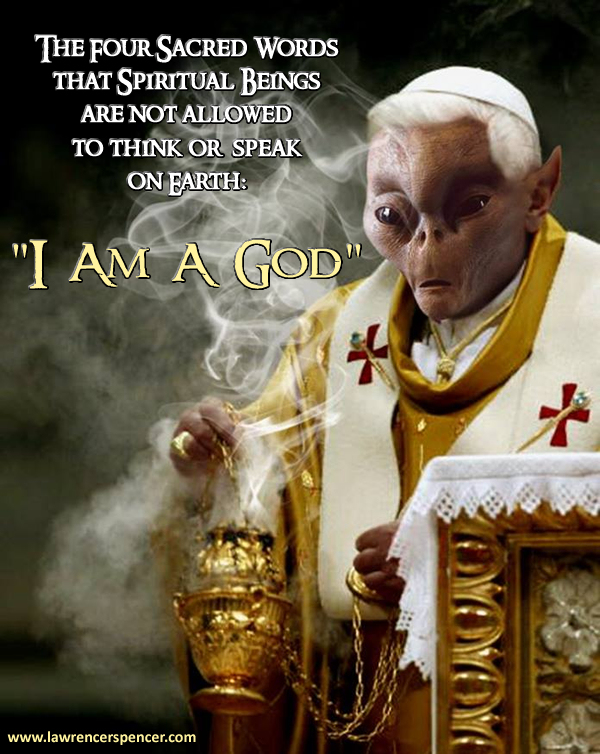Republished by Blog Post Promoter
Category Archives: POETIC NONSENSE
Poetry by Lawrence R. Spencer. Poetic nonsense by Lawrence R. Spencer and others. Haiku poems by Lawrence R. Spencer.
NEEDLESS NOISE
Republished by Blog Post Promoter
THE FOUR SACRED WORDS
Republished by Blog Post Promoter
The Four ‘Sacred Words’ that Spiritual Beings are NOT allowed to think or speak on Earth: “I AM A GOD”
Do Nothing for 2 Minutes
LIFE IS JUST A RIDE
Republished by Blog Post Promoter
Bill Hicks was a comedic prophet like George Carlin, but a lot more intense. This video tribute to his short life cuts straight to the chase. Enjoy in Peace.





